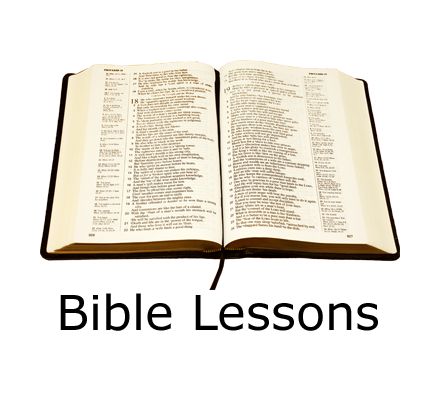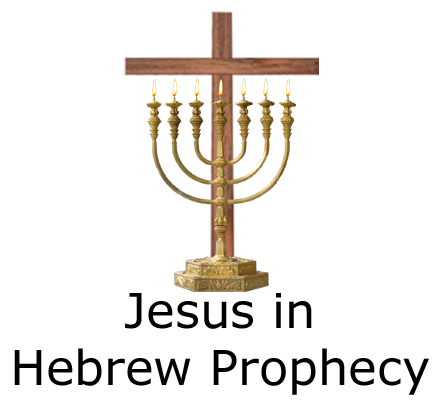“Jesus’ Authority is Questioned” – Mark 11:27-33
William Hamilton (03/09/1924 – 02/28/2012), a professor of theology on the east coast, taught that God was dead because He was nothing more than a concept, someone made up to sooth the soul.
He argued that for people to live moral and ethical lives, to behave well toward each other, to serve one another, for society to be stable, we don’t need the idea of a self-existent Creator and Sustainer. However, he wanted to hold onto the ethical teaching of Jesus. Until the day he died, Hamilton called himself a Christian because he was a follower of the ethical and moral teachings of Christ. He believed you can argue for the existence of the religion, Christianity, without the need for a self-existent Creator and Sustainer, because Christianity is essentially a life of well-behaved people. This became known as Radical Theology and the Death of God.
Mark 11:27-33
Jesus challenges this idea.
The chief priests, teachers of the law and elders challenge Jesus’ authority to cleanse the temple and quote the prophets authoritatively.
Jesus responded by asking a question of them – was John’s baptism from heaven or from men? Jesus takes them back to the beginning. Was John’s coming something arranged by heaven or something a human being could dream up? Hamilton thought that Christianity was something that could be produced entirely by natural means.
Christianity is not in its essence about discipline. Christianity is in its essence about a supernatural in-breaking of God into this world and into our lives. So the question to the religious leaders of Israel is: Is it supernatural or is it natural?
Isaiah 40:1-5, with which the Gospel of Mark begins.
Isaiah 40:6-8 tells us that the only thing that is self-sustaining is God. The natural is contrasted with the super-natural in these verses.
Isaiah 40:9-11 tells us the One for whom the way is being prepared is the sovereign Lord, not just for another human being.
Isaiah 40:12-14 describes this sovereign Lord; He is the maker and the sustainer.
Isaiah 40:18 – With whom can you compare God?
The answer to Jesus’ question is, of course, heaven.
But the religious leaders discussed it among themselves, considering that, if they said “heaven,” Jesus would ask why they didn’t believe him; but they feared the people if they said from men because the people held that John really was a prophet. They were wind-testers who relied on polls.
Christianity is at its heart the reality of the supernatural. We are committed to the God who exists outside of time and space but has invaded time and space out of His miraculous goodness to us and because of His wrath and judgment. We are a people who believe that there is a realm outside of the natural; and, therefore, we are not wind-testers. We approach everything with this presupposition that God exists and He intervenes into the natural realm and He did it most wonderfully in the incarnation of His Son.
Editor’s note:










